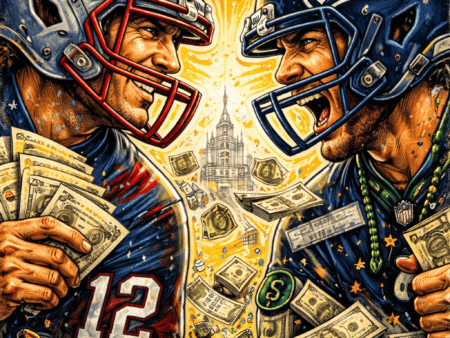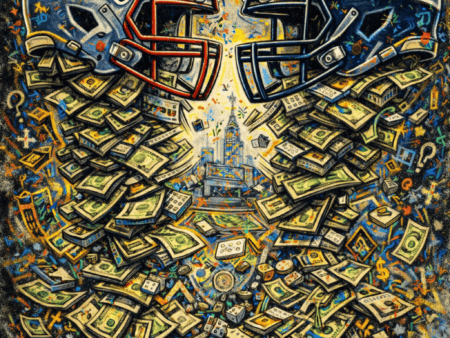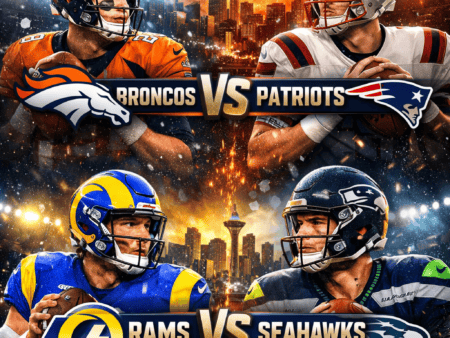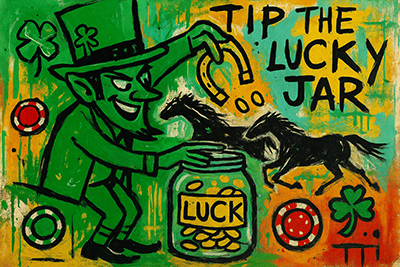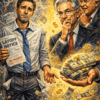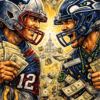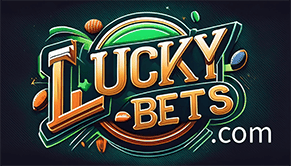The Hook
Sports betting has always been about odds, lines, and spreads. But what if betting wasn’t just about games—what if it was about anything? Politics, the weather, cultural events, financial shifts. Welcome to the world of prediction markets—the space where wagering collides with investing, and the line between sportsbook and stock market blurs.
This isn’t fantasy. It’s already happening, and it’s growing fast.
What Exactly Is a Prediction Market?
At its core, a prediction market is a marketplace where people bet money on the outcome of future events. Instead of betting on whether the Cowboys will cover the spread, you might bet on whether:
- A presidential candidate will win a primary.
- A major company will hit its quarterly earnings target.
- The weather in New York will top 100 degrees in July.
Each event has “shares,” and the price of those shares reflects the probability of the outcome. If a share costs 70 cents, the market is saying there’s a 70% chance of that event happening. If you buy in and it happens, you get paid $1 per share.
It’s betting, but it looks and feels like trading.
Why This Is Exploding Now
- Legal Loopholes:
In the U.S., sports betting is regulated as gaming. Prediction markets, however, are often regulated as financial instruments. That means platforms can pitch themselves as investment products, not gambling apps. Robinhood and other fintech players are circling this space. - Demand for More Action:
Bettors don’t just want Sunday football action—they want markets running 24/7. Prediction markets deliver exactly that. From politics to pop culture, there’s always something live to speculate on. - Crypto and Accessibility:
Platforms like Polymarket have shown how blockchain can power global prediction markets, with instant settlement and transparency. It’s no longer just Vegas—this is worldwide.
The Skill vs. Luck Factor
What makes prediction markets different from traditional sports betting is the balance of skill, research, and timing. If you study polling data, weather patterns, or company earnings reports, you can use that information the way sharp bettors use injury reports or advanced stats.
In other words, it’s not just luck—it’s data-driven conviction. But just like sports betting, momentum, herd behavior, and emotion can swing the prices wildly. The crowd moves the line, and that’s where sharp players find edges.
Why It Matters for Bettors
This isn’t replacing sportsbooks tomorrow. But it’s expanding the horizon of what “betting” means. Sports betting will always be the heart, but prediction markets are:
- Broader: Anything measurable can be a market.
- More Constant: Action is available year-round, all the time.
- Potentially More Legitimate: Being regulated as financial products could give them mainstream credibility faster than traditional gambling ever did.
For serious bettors, this means your skill set—bankroll management, risk/reward evaluation, line shopping—transfers directly.
The LuckyBets Take
The question isn’t whether prediction markets are coming. They’re already here. The question is how you’ll treat them: as noise, or as the next frontier of edge-finding.
This is about more than placing bets. It’s about reading the world like a sportsbook reads the NFL slate. Every event becomes an opportunity if you’ve got the vision and the guts to step in when the market misprices reality.
Closing Thought
Prediction markets aren’t just a side hustle—they’re the shape of betting’s future. And if you’re tuned into LuckyBets, you’re already ahead of the curve.
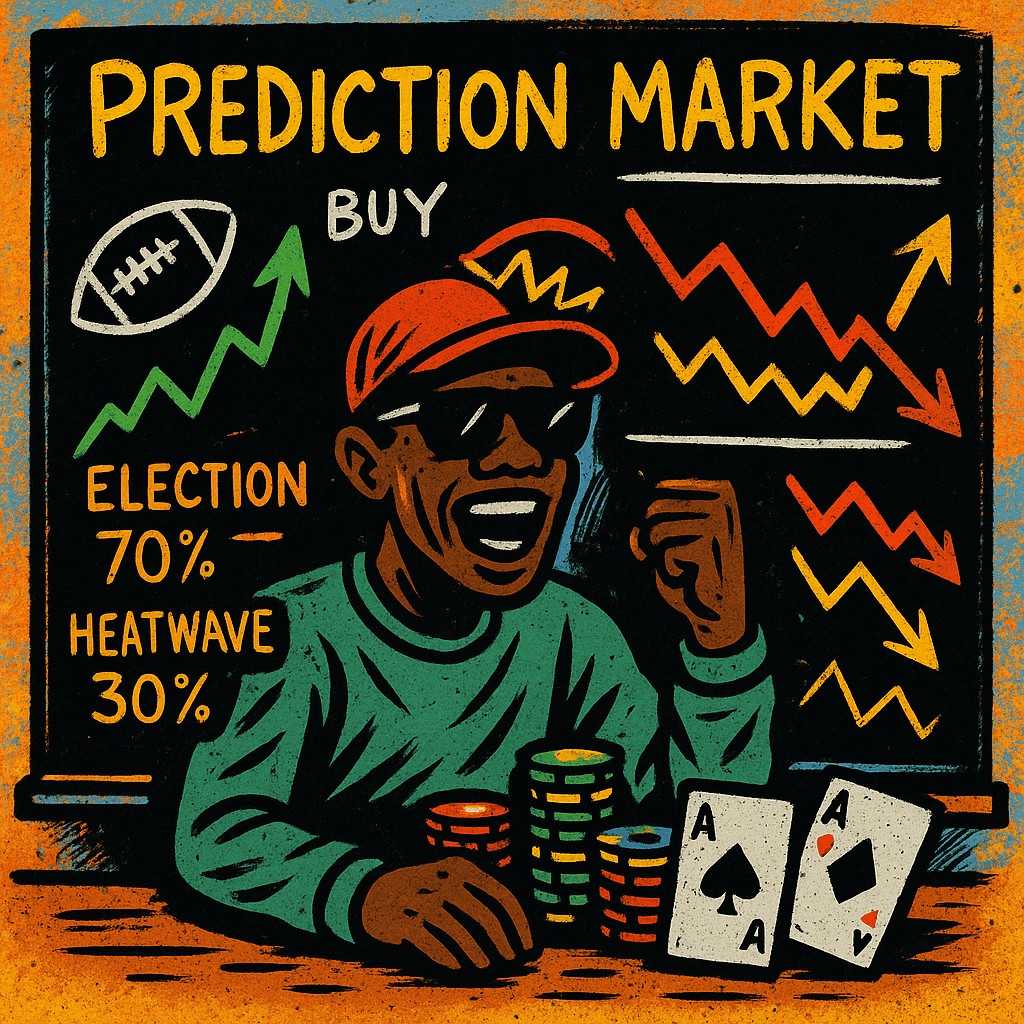
The smartest bets come from seeing the future before it’s on the board—prepare today, and you stand the best chance to win tomorrow.
LuckyBets.com

